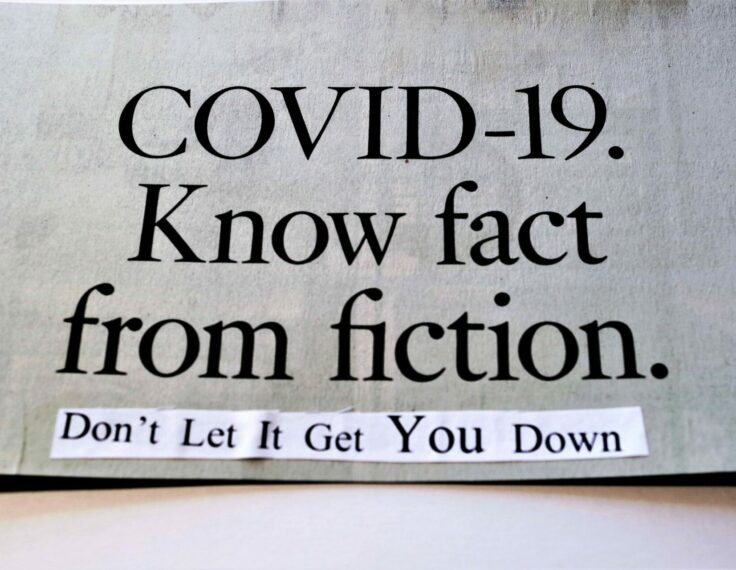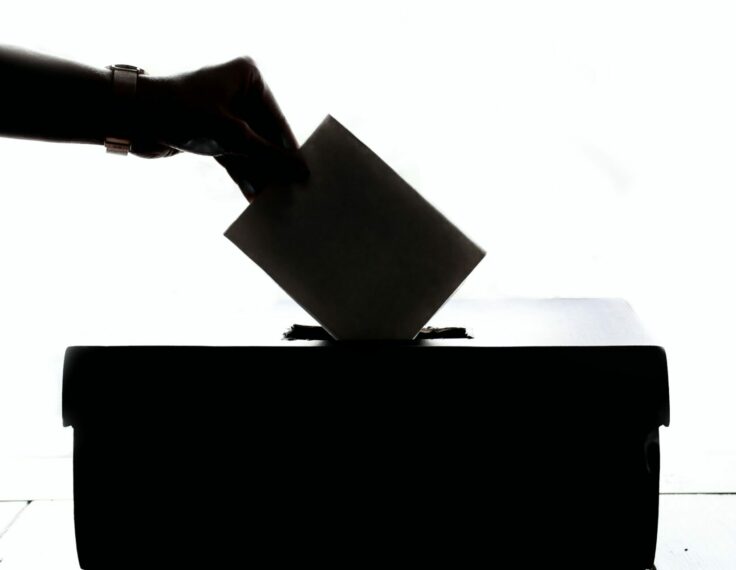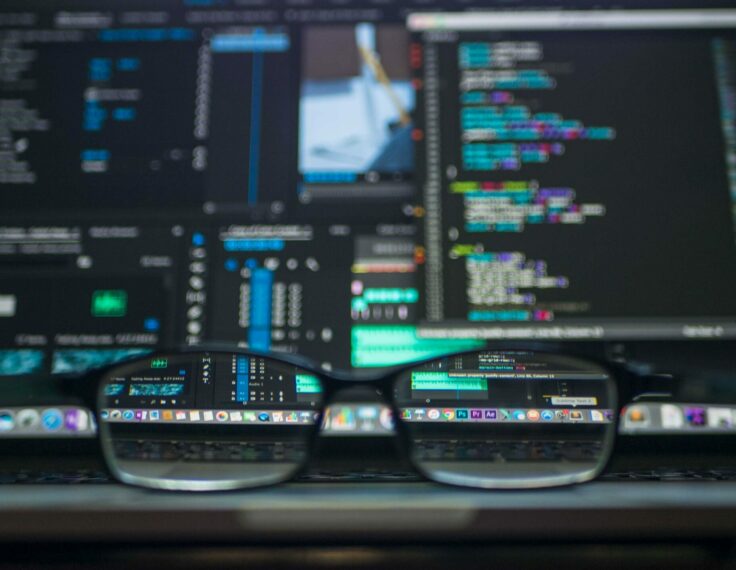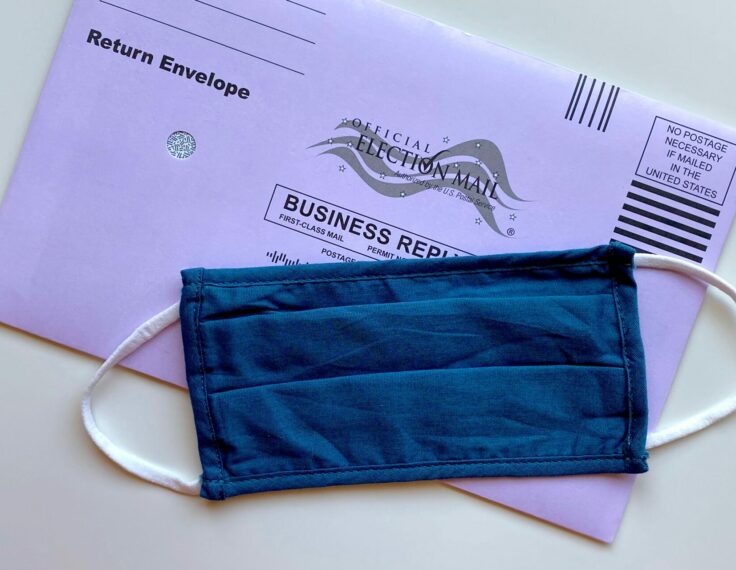Explore All Articles
All Articles
Article Topic

How COVID drove the evolution of fact-checking
Samikshya Siwakoti, Kamya Yadav, Nicola Bariletto, Luca Zanotti, Ulas Erdogdu and Jacob N. Shapiro
With the outbreak of the coronavirus pandemic came a flood of novel misinformation. Ranging from harmless false cures to dangerous rhetoric targeting minorities, coronavirus-related misinformation spread quickly wherever the virus itself did. Fact-checking organizations around the world took up the charge against misinformation, essentially crowdsourcing the task of debunking false narratives.

Propaganda
“A most mischievous word”: Neil Postman’s approach to propaganda education
Renee Hobbs
Before there was a term called media literacy education, there was an interdisciplinary group of writers and thinkers who taught people to guard themselves against the manipulative power of language. One of the leaders of this group was Neil Postman, known for his best-selling book published in 1985, Amusing Ourselves to Death: Public Discourse in the Age of Show Business.

Propaganda
Propaganda, obviously: How propaganda analysis fixates on the hidden and misses the conspicuous
Tim Wood
Propaganda analysis has long focused on revealing the rhetorical tricks and hidden special interests behind persuasion campaigns. But what are critics to do when propaganda is obvious? In the late 1930s the Institute for Propaganda Analysis faced this question while investigating the public politicking of A&P, then the largest retailer in the United States.

Propaganda
Data dependencies and funding prospects: A 1930s cautionary tale
Jefferson Pooley
Misinformation studies relies, to some extent, on access to data from large technology firms, which also seed grants, sponsor events, and support think tanks working in the field. These companies, facing scrutiny from regulators and critics, have a stake in their portrayal.

Propaganda
Overlooking the political economy in the research on propaganda
Aman Abhishek
Historically, scholars studying propaganda have focused on its psychological and behavioral impacts on audiences. This tradition has roots in the unique historical trajectory of the United States through the 20th century. This article argues that this tradition is quite inadequate to tackle propaganda-related issues in the Global South, where a deep understanding of the political economy of propaganda and misinformation is urgently needed.

Propaganda
Constructing a suitable platform for public health: Radio propaganda, instruction, and “The case of Elisa Cedillo”
Sonia Robles
The Mexican government communicated public health information in the early 20th century during radio programs dedicated to women. Turning to a platform committed to instruction and cultural programming, it publicized health education bulletins, which were sandwiched between weather reports and on-air cooking classes.

Elections
The presumed influence of election misinformation on others reduces our own satisfaction with democracy
Erik C. Nisbet, Chloe Mortenson and Qin Li
Pervasive political misinformation threatens the integrity of American electoral democracy but not in the manner most commonly examined. We argue the presumed influence of misinformation (PIM) may be just as pernicious, and widespread, as any direct influence that political misinformation may have on voters.

Elections
COVID-19 disinformation and political engagement among communities of color: The role of media literacy
Erica Weintraub Austin, Porismita Borah and Shawn Domgaard
Communities of color, suffering equity gaps and disproportionate COVID-19 effects, also must resist ongoing disinformation campaigns designed to impede their political influence. A representative, national survey (N=1264) of adults conducted June-July 2020 found that nonwhite respondents tended to report less COVID-19 knowledge, media literacy, and voting intent than white respondents, but more acceptance of COVID-19 disinformation and for risks associated with protesting for social justice.

Elections
COVID-19 misinformation and the 2020 U.S. presidential election
Emily Chen, Herbert Chang, Ashwin Rao, Kristina Lerman, Geoffrey Cowan and Emilio Ferrara
Voting is the defining act for a democracy. However, voting is only meaningful if public deliberation is grounded in veritable and equitable information. This essay investigates the politicization of public health practices during the Democratic primaries in the context of the 2020 U.S.

Lateral reading: College students learn to critically evaluate internet sources in an online course
Joel Breakstone, Mark Smith, Priscilla Connors, Teresa Ortega, Darby Kerr and Sam Wineburg
The COVID-19 pandemic has forced college students to spend more time online. Yet many studies show that college students struggle to discern fact from fiction on the Internet. A small body of research suggests that students in face-to-face settings can improve at judging the credibility of online sources.

